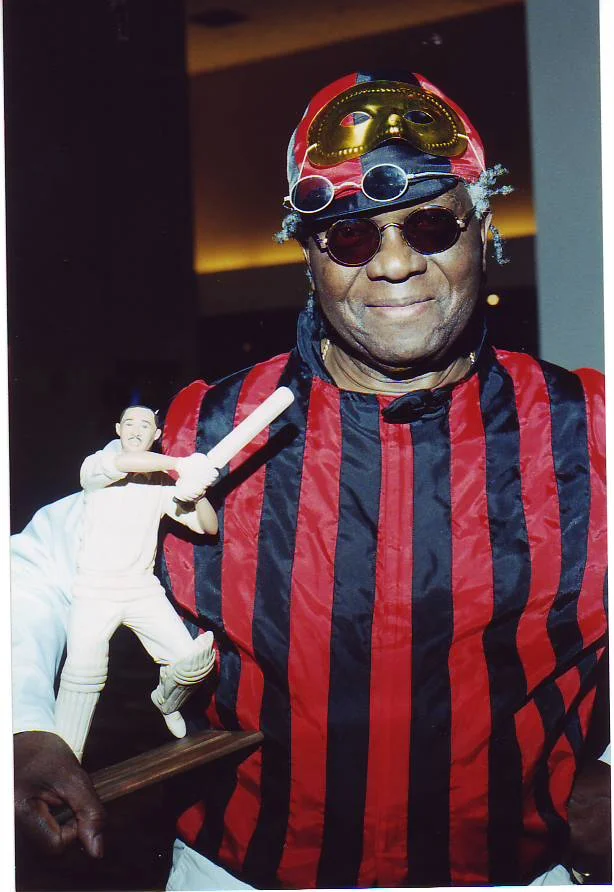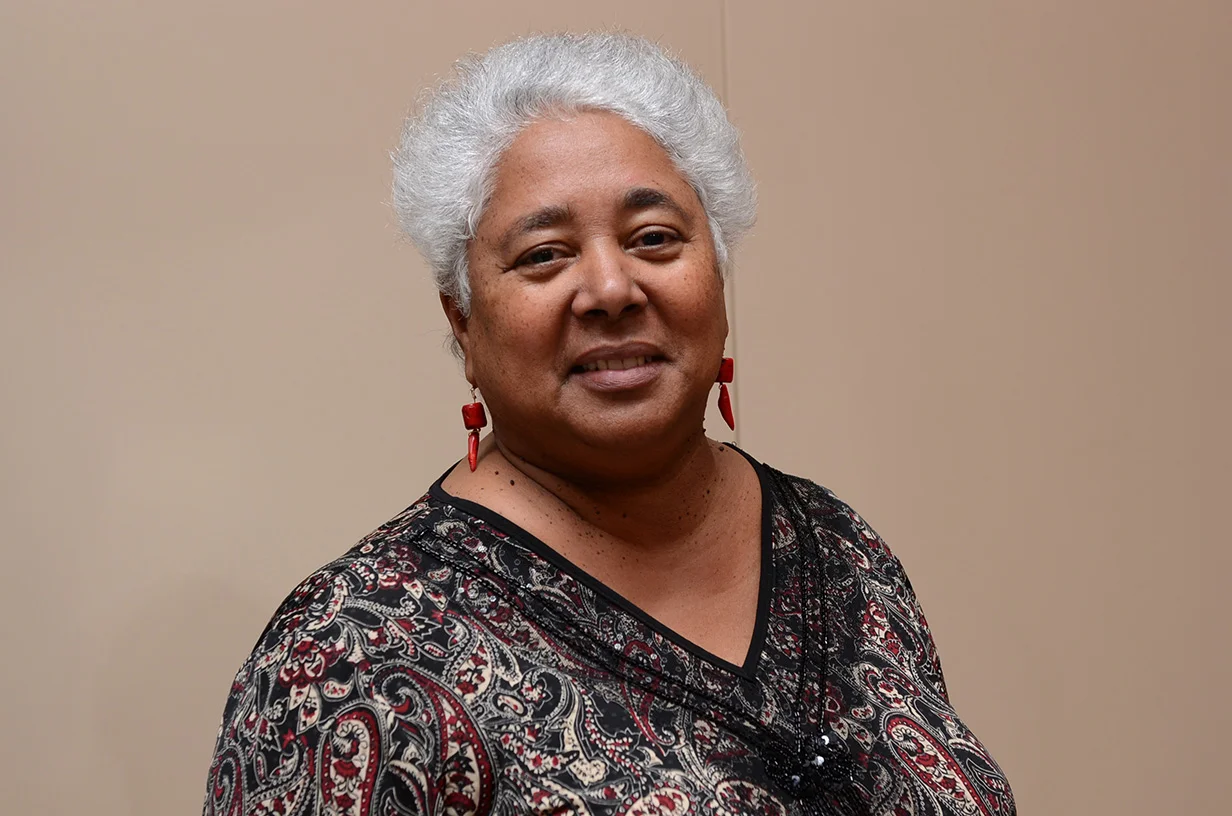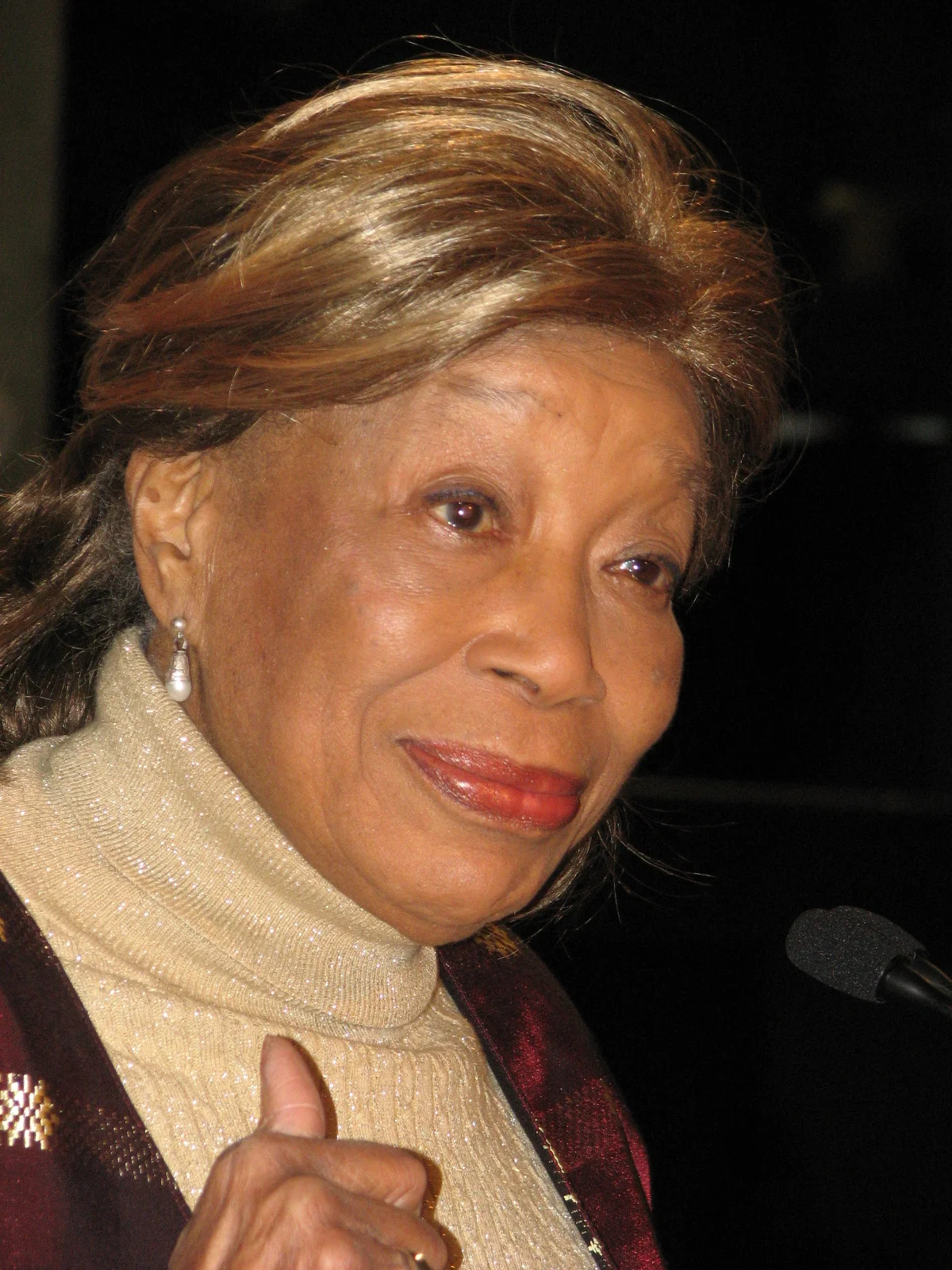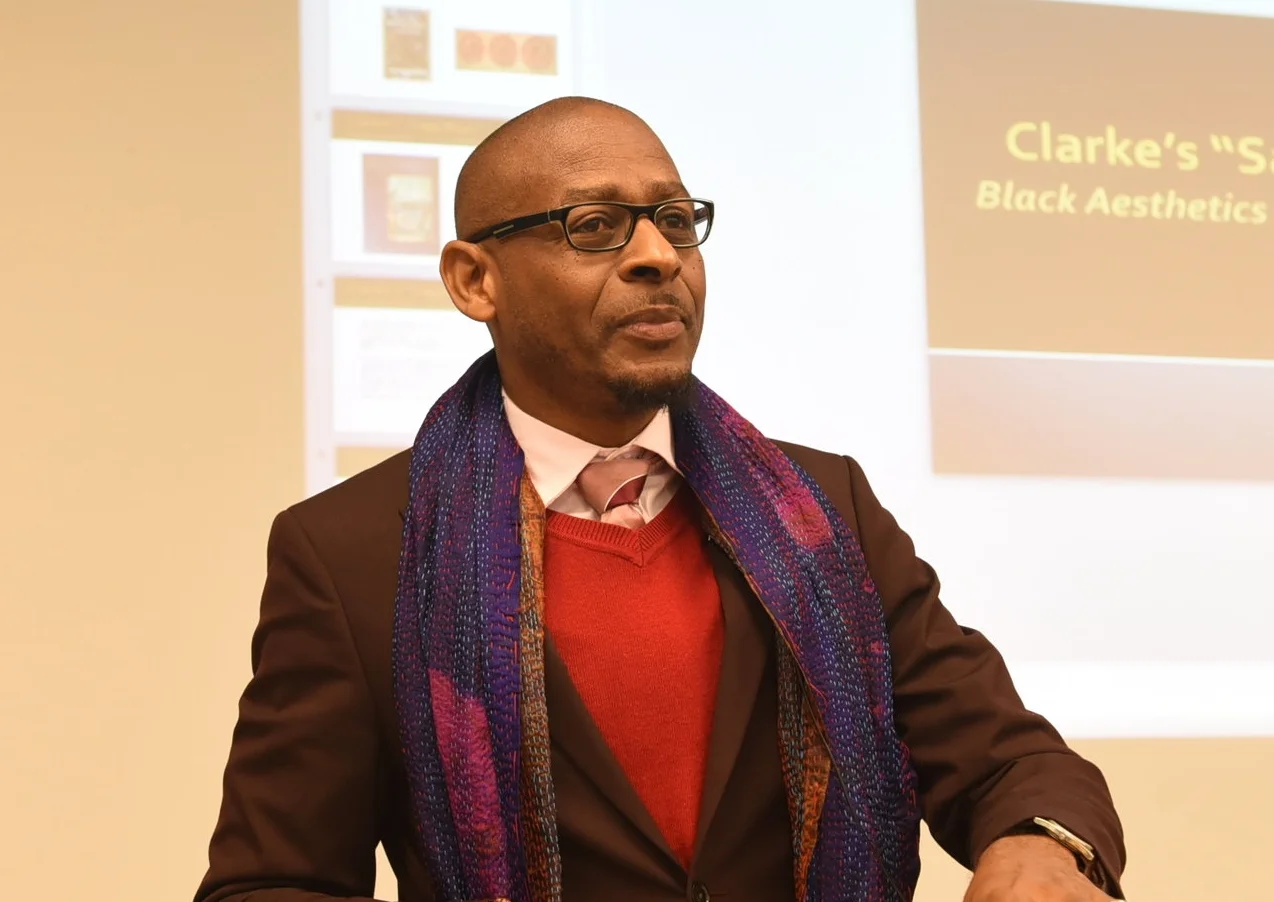Writer Austin Clarke ‘pushed social and emotional boundaries’
Legendary author Austin “Tom” Clarke has passed away after a prolonged illness.
The award-winning writer, who died in hospital last Sunday morning, was 81.
Leaving Barbados 61 years ago to attend the University of Toronto, Clarke graduated in 1959 and was a reporter in Timmins and Kirkland Lake before joining the Canadian Broadcasting Corporation (CBC) as a freelance producer and broadcaster. It was while working in the Canadian media that he wrote his first novel, The Survivors of the Crossing, which was released in 1964.
Clarke went on to become a pioneering instructor of Afro-American Literature at Yale University and inspired a new generation of Afro-American writers.
He also served as Barbados’ cultural and press attaché in Washington, an adviser to late Prime Minister Errol Barrow and general manager of the Caribbean Broadcasting Corporation in Barbados before returning to Canada in 1976 and unsuccessfully seeking a few months later the nomination in Oakwood riding for the provincial Conservative Party.
Clarke authored 11 novels, three of which won prizes, short story collections, books of poetry and memoirs.
Dr. George Elliott Clarke, Canada’s seventh parliamentary poet laureate, said Clarke is irreplaceable, unforgettable and relentlessly relevant.
“He was the writer most conscious of the barriers of class in a WASP-dominated society that prevent immigrants and citizens of other ‘races’, religions and languages from being able to enjoy opportunity to the fullest and take their places at the helm and/or the pinnacle of our society,” said Dr. Clarke. “He was the greatest chronicler of ‘race’ and class in Canadian literature in his short stories, novels, essays and articles. He was a man of letters and a guerrilla for what he saw as right. Better yet, his writing was seldom angry, but full of humour, though he didn’t suffer fools.”
Clarke added that his namesake was a writer of magnificently mellifluous sentences that expertly conveyed fierce partisan beliefs and satirical relief.
“Austin was one of the heroes of African/Black Canada and he’s one of our immortals now,” he said. “If you haven’t read him, read him. He’s talking about you, your parents and our children. Consider his books to be the true interpretation of this country’s constitution, the actual inside ‘dope’ about what it means to be ‘coloured’ and Canadian, proud and struggling, demanding and persuasive, stoic and heroic.”
Dr. Rinaldo Walcott, the director of the Women & Gender Studies Institute at the U of T, and Clarke were close friends for 25 years.
“I think that Austin’s legacy for Black Canada, the Caribbean and really for North America is profoundly deep and wide and it’s one that I believe we don’t fully understand or grasp,” the interdisciplinary scholar said. “Here is a man who published his first novel (The Survivors of the Crossing was released in 1964) before Barbados gained its independence. That novel really in many ways marks the survival of Black people in the Americas using little Barbados as a staging ground.
“If you begin to think of Austin as not just a novelist, but as an essayist, journalist, academic and as really one of our very important intellectuals, you begin to notice other things. He was right there at Yale in 1968 helping start a Black Studies program as an intellectual field of inquiry and discipline. Again, the impact really stretches beyond Barbados and beyond Canada in a way that has not been fully yet acknowledged.”
In his last publication –Membering – released in 2014, Clarke shared his own experiences growing up in Barbados and moving to Toronto to attend university before becoming a journalist. With vivid realism, he describes 1960s Harlem, meeting and interviewing Malcolm X and writers Chinua Achebe and LeRoi Jones.
Eschewing a traditional chronological order of events, he takes the reader on a lyrical tour of his extraordinary life, interspersed with thought-provoking meditations on politics and race.
“As we come to the end of his career, his last two works – the memoir Membering and the novel More – we see enfolded in them a profound and deep critique of the vaunted history of Canadian multiculturalism,” said Dr. Walcott. “What we see there is a man who lived across eras noticing how they were taking shape, noticing their impact, writing and giving us a way to look at them across many different genres and yet at the same time being able to critique their limits both in his personal life and in the intellectual work that he has given us that goes under the ribbon of novel, essay, short story and poem.”
For just over a decade of their friendship, Walcott and Clarke met every Friday at The Grand Hotel and Bistro 990 for lunch.
“We debated, discussed, argued and taught each other a whole bunch of things,” said Walcott. “He was someone I could have the most wide-ranging, deep and philosophical conversation with. He never demanded that we agree. What he was interested in was pursuing the question of what world freedom would look like and mean for Black people. He also never forgot where it is that he came from and he always had a profound sense of what it meant to survive as Blacks in this part of the world.”
Clarke and historian/curator, Dr. Sheldon Taylor, were also good friends.
“He wrote about race and the travails we as a people suffer, but he refused to be limited,” said Dr. Taylor whose son, Bakari, is Clarke’s godson. “Austin was very proud of his Malcolm X interview and the chair he inherited in which Marcus Garvey sat. And, of course the ocean in him that was Barbados, continuously washed against the Canadian shore. From this process, we got his musings with such short stories as Nine Men Who Laughed and Four Stations in His Circle. He was a lover of Winston Churchill in words and mannerism. This, of course, illustrated his nurturing in the colonial Caribbean and him being tempered in Canada. His experiences brought about a dualism – his struggle to survive in an interpreted Eurocentric world while steadfastly clinging to the African DNA which Austin refused to abandon. He was a man of letters who comfortably and loyally walked barefooted with his people.”
In his memoir of childhood in Barbados, Growing up Stupid Under the Union Jack, Clarke explores colonial and post-colonial conditions in the British Empire. In the same context his novel, Proud Empires, explores island politics. His retrospective bent continued into the 1990s when Clarke published The Origin of Waves, a novel of memory and reunion. His next book, The Question, is considered one of his most accomplished novels next to The Polished Hoe.
Former Barbados consul general, Kay McConney, said she will remember Clarke as a disarmingly easy spirit with a brilliant and creative mind.
“He was a soldier for what he believed and his literary genius pushed social, emotional and political boundaries,” she said. “The bold themes of his literary work, his unique writing style and his colourful narratives captured the imagination and admiration of international audiences. Yet, he was a private man, a man who was masterful at living a life of mystery in plain sight of the world. Without doubt, his literary talent was a gift to the world and his celebrity an honour for Canada and Barbados. Yes, I will remember his rich literary legacy, but I will especially cherish the memories of our lengthy and engaging conversations over martinis, Barbados rum and fine food.”
McMaster University Library’s William Ready Division of Archives & Research Collections is home to Clarke’s extensive archives, including a version of The Polished Hoe with the author’s hand-written revisions, manuscripts of his short stories, plays and poetry as well as a large number of tape recordings of interviews and programs he recorded as a CBC correspondent.
“We were saddened to hear of the loss of this great talent,” said university librarian, Vivian Lewis. “His work expressed a perspective that added much to Canadian literature. We hope that this remarkable archive, of which McMaster is the proud custodian, will help to preserve his legacy and continue to be used by future generations of students, scholars and aspiring authors as a source of learning and inspiration.”
In November 2012, Clarke along with the late Dr. Doug Salmon, Leonard Braithwaite and Julius Isaac were among 100 of the U of T University College’s 100 most accomplished alumni celebrated at a gala dinner.
Clarke was the recipient of several notable literary awards, including the Toronto Book Award, the Rogers Writers’ Trust Fiction prize and the Commonwealth Writers Prize for The Polished Hoe.
The father of five children was appointed a member of the Order of Canada in 1998.
A celebration of Clarke’s life will take place on July 9 at St. James Cathedral.






